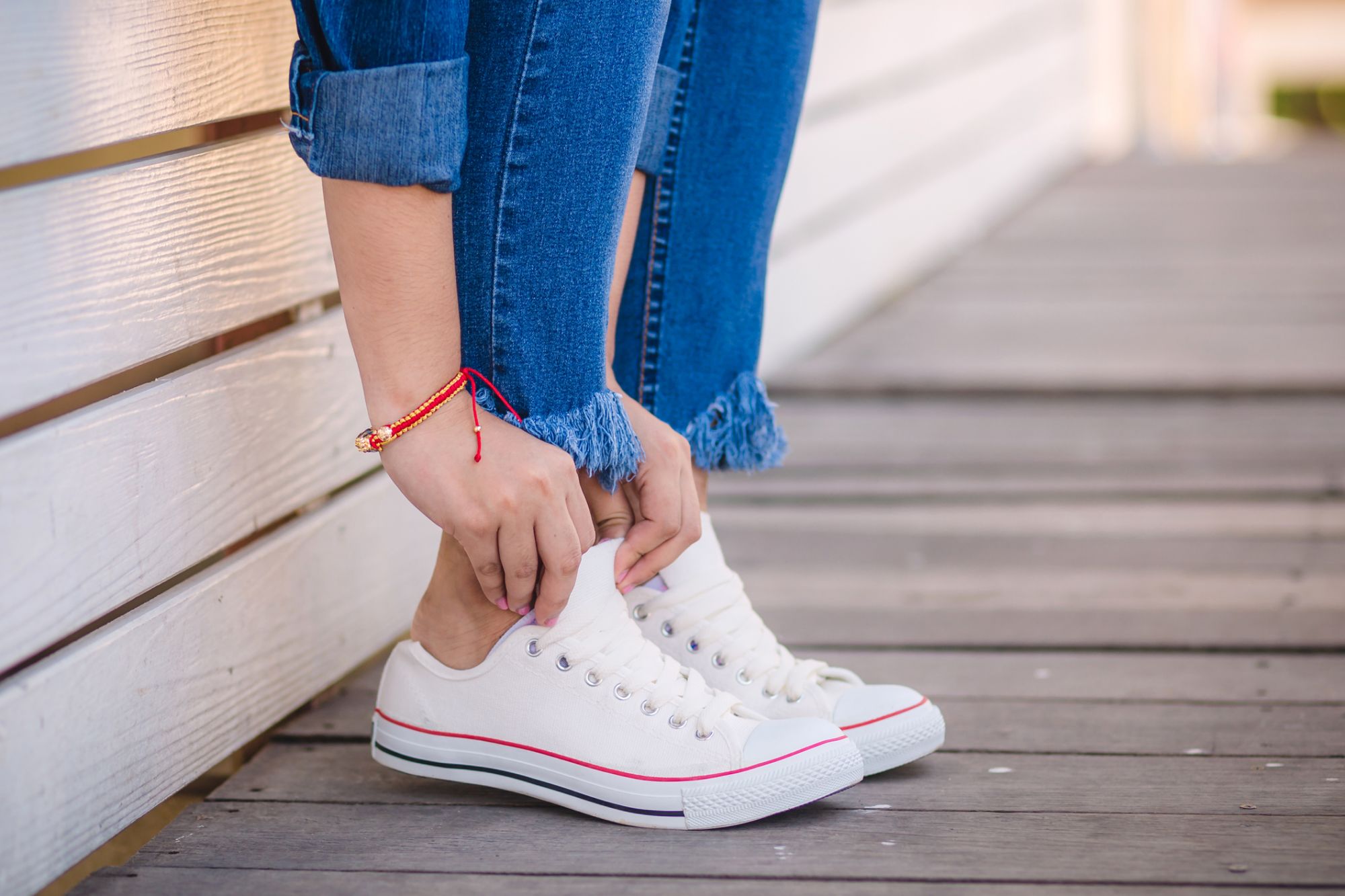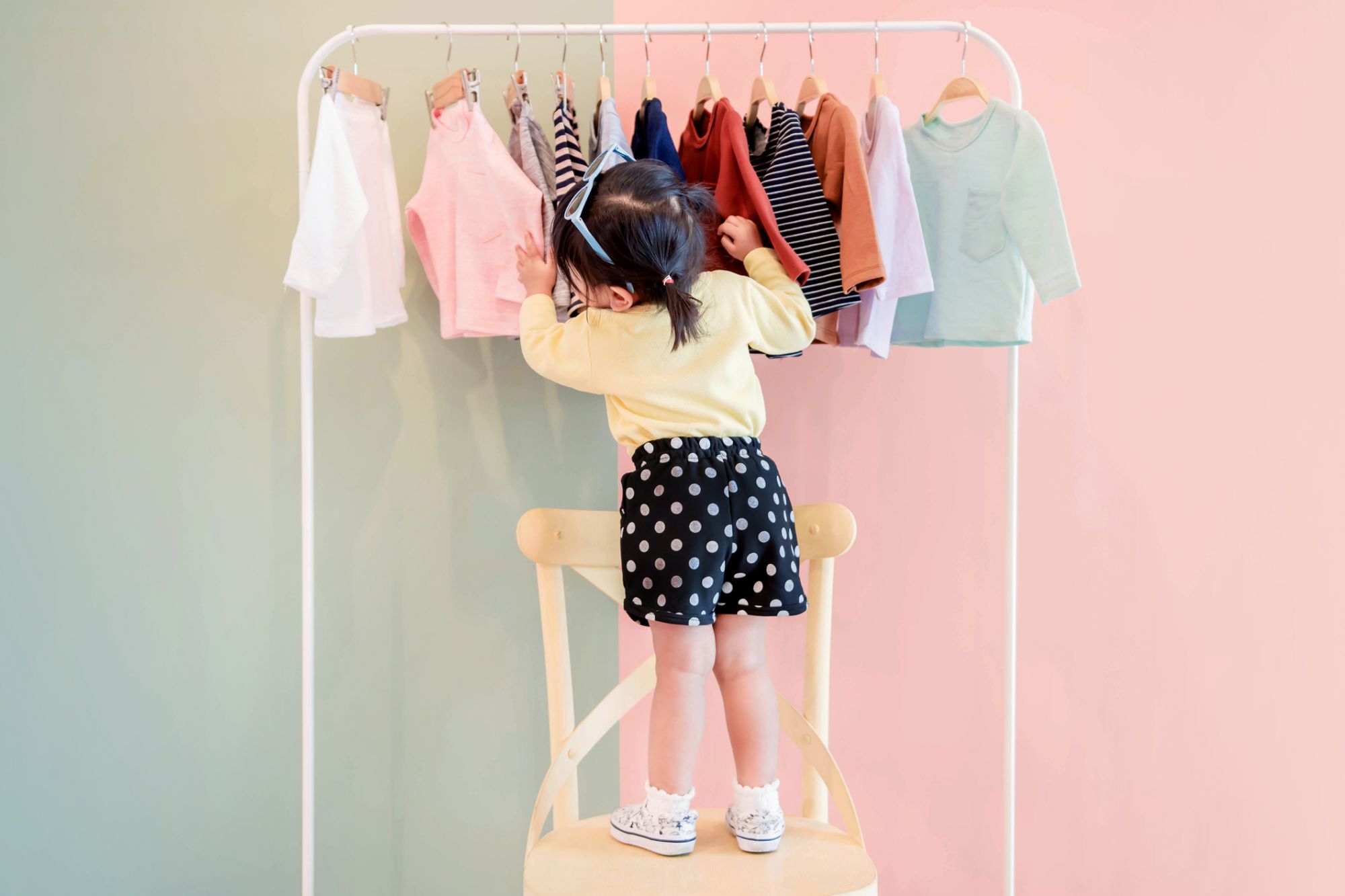Some countries celebrate with a loud prosperity toss, some pay respect to the gods—Tater Asia editors share their favourite Chinese New Year traditions
The Chinese New Year, also known as the Lunar New Year or the Spring Festival, falls on January 25, 2020 this year. As the most important Chinese festival on the lunar calendar, the occasion is celebrated by Chinese communities across Asia. No matter where you go in Asia, you’ll find yourself surrounded by festive markets, red lanterns and Chinese New Year banners. While most countries in the region share similar customs when it comes to Chinese New Year celebrations, some celebrate the occasion with traditions unique to their culture. As the Year of the Rat draws close, we asked Tatler Asia editors about their favourite ways to usher in the new year.
See also: Chinese New Year 2020: Auspicious Menus To Enjoy In Hong Kong
Hong Kong

Place the red packets under your pillow
“Just like how children are told to not open their presents until Boxing Day, I was told to put all the red packets I received under my pillow when I was a child, only to open them the next day. It is believed that sleeping on the red packets nurtures wealth and blessings for the new year.”—Pearl Yan, Digital Projects Editor
Take a pomelo-leaf bath
“Chinese people believe that taking a bath with pomelo leaves on the last day of the lunar year can wash off all the bad luck and bring good fortune. The night before Chinese New Year, my mum would boil pomelo leaves with water, which gives a pleasant citrusy smell and turn the water into a light green colour. It’s definitely one of my favourite ways to start the year afresh.”—PY
Temple visits
“Chinese New Year’s Eve is the busiest time to pay respect to the gods for good fortune. Worshippers would bring food and fruits as offerings and pray with incense in their hands. Wong Tai Sin Temple, Che Kung Temple and Man Mo Temple are popular places to perform these rituals.”—PY



